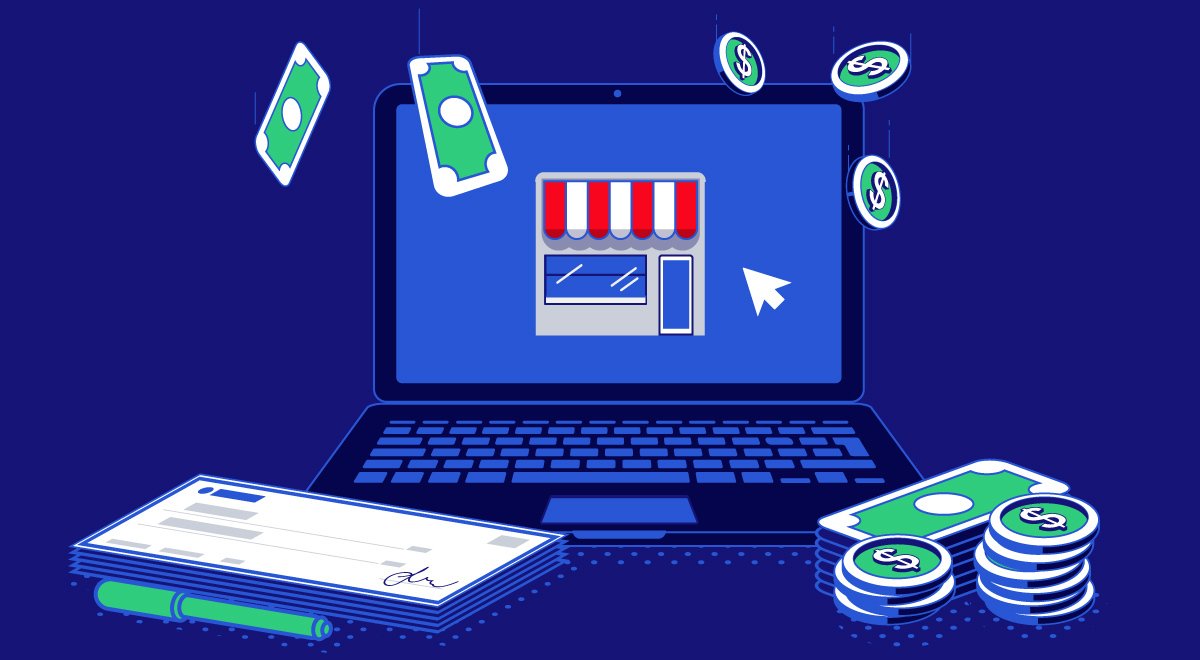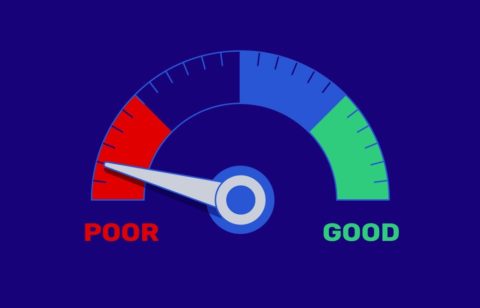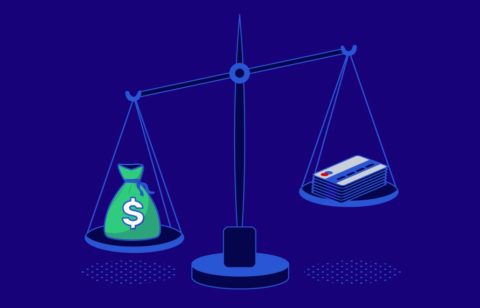What if your business needs a cash infusion right now but you have bad credit? This is a more common situation than you might think. Many companies, especially when they’re first starting out, have credit problems. In some cases, the owners may start the business with fair or bad credit, which can have an impact on the company’s ability to obtain a loan. In other cases, companies and entrepreneurs may have no credit history, which can make it equally difficult to qualify for the loans they need to keep their companies afloat. If you’re running a company and worried about obtaining a loan, don’t panic. Here are four business loan options you can consider when you have bad credit.
Friends and Family
If you have bad credit and need a business loan, consider turning to close friends or family. In many cases, friends and family may be willing to provide you the loan you need on highly favorable terms, with potentially low or no interest and a flexible repayment schedule. In fact, this is an extremely common method of business financing; Jeff Bezos got the e-commerce giant Amazon off the ground with a $250,000 loan from his parents.
However, there are some potential downsides to obtaining a loan from your friends or family. If people in your inner circle end up financing your business, they may take a much greater interest in your company and how you’re running it than they otherwise would. Additionally, if you have problems with timely loan repayment, later on, it could strain your relationships. Therefore, if you plan to borrow money from friends or family due to bad credit, make sure you set clear boundaries, and ensure that your relationship can handle the added stress.
Specialized Lenders
If you have bad credit or no credit, you could also consider using a lender that specializes in providing loans to people like you. Many online and brick-and-mortar banks specialize in loans to businesses with less-than-stellar credit. In many cases, these lenders look at other factors within a company to assess risk and then structure the loan terms to mitigate it. Some of the best examples of lenders who cater to those businesses with bad credit include BlueVine and Fundbox.
These lenders can often be a quick route to loan qualification, approval, and funding for small businesses that need the cash. However, interest rates can be higher on these loans than they are on other sources of credit. If you think making high payments on these loans later may place too much of a burden on your company, you may want to pursue other loan options.
Peer-to-Peer Lending
Another business loan option when you have bad credit is peer-to-peer (P2P) lending. Several online platforms exist where investors pool their money together and then loan it to small companies they believe are a good bet. In many cases, P2P investors recognize that the companies involved have credit issues preventing them from going in a traditional business route, and instead analyze other facets of the company to assess risk. One of the most popular P2P lenders is Lending Club. Funding Circle and Prosper are other options where companies can obtain P2P business loans.
While P2P loans can be a great option for businesses with credit problems, they’re not for everyone. In many cases, companies desiring to seek out lenders on a P2P platform will have to do a great deal of work to be featured on heavily curated P2P platforms; if you’re a small company, this can be time-consuming. Additionally, depending upon the level of risk investors perceive in your company, you may be subject to high-interest rates to qualify for a loan.
Orders and Invoices
One innovative business loan option to consider when your credit isn’t that great is putting your invoices or accounts receivable to work for you. If your company receives constant orders and/or has a gap between selling its products or services and getting paid, you can use this situation to obtain financing. You can often use your invoices to obtain short-term loans to sustain your company until you get paid. You can even sell the invoices at a discounted rate to companies that specialize in this process, which is called factoring. If you receive an order to produce something or provide a service, you can also use that purchase order to obtain a loan.
While these techniques can be effective ways to obtain short-term loans, they do have some peculiarities that are worth considering before financing your company in this manner. In most cases, you’ll have to engage a third party and have it involved in your sales practices to obtain the loan. If you’re concerned about limiting people’s access to your business information, this could be a non-starter. Additionally, using third parties to purchase your invoices at a discounted rate may be costly in the long run compared to some of the other available business loan options.
Take a Shot
It can be challenging to finance your company if you have bad credit, but you can do it if you try. So, consider these four business loan options and make a financial plan that will work for your company today.







